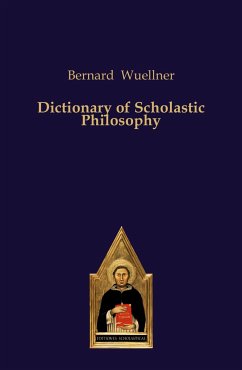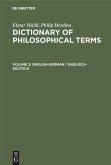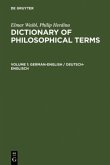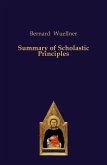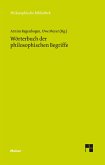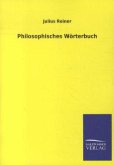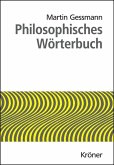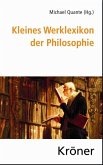The scholastic philosopher is interested in definition for a different reason than the lexicographer and linguist. The philosopher is trying to learn things. Fe defines, after investigating reality, in an attempt to describe reality clearly and to sum up some aspect of his understanding of reality. Hence, we find our scholastic philosophers adopting as a main feature of their method this insistence on defining, on precise and detailed explanation of their definitions, and on proving that their definitions da correctly express what a nature or activity is. A dictionary of the language of scholastic philosophy fitted to the needs of beginners and of undergraduate students of the subject is not available in English.

